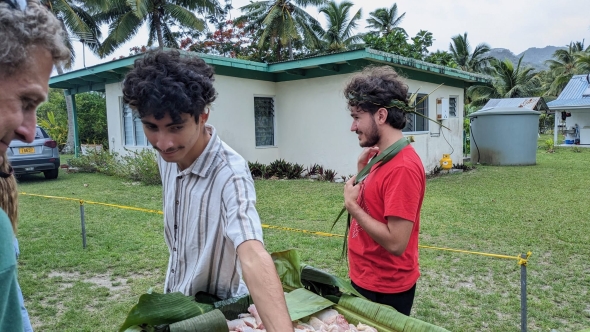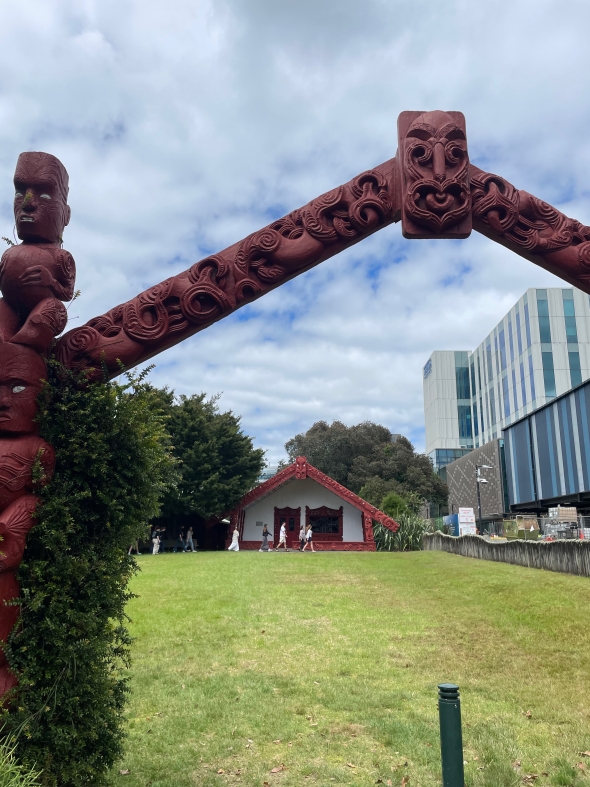
Studying Abroad in New Zealand!
Hello all! I am so happy to finally be back to campus—to my friends, my Greek house, but more especially: my People Places Pines blog! As I often say, this is as much of my personal journal as it is my attempt to provide accurate and useful advice to prospective applicants. I tend to pour my whole heart into these posts, because they end up being the better stored and edited versions of all my memories since the Fall of my first year here.
Now, if you were wondering where I was, it was the Linguistics Department's Foreign Study Program (or FSP, as we call them here at Dartmouth). This is something I've wanted to do since before getting into Dartmouth, as our Linguistics program touts itself for carrying diverse language documentation projects, including this one with the Māori language, which students are welcome to join as part of their time abroad.

This was definitely a unique program, even in comparison to other Dartmouth programs abroad (if you're curious, check my previous posts about studying in Madrid here). For example, we were actually hosted by two different institutions in two different countries. During our first six weeks, we were based at the University of Auckland, in New Zealand. There, we took three courses: Language Documentation (LING 54) with Prof. Peterson, and other two offered by local professors, one on Māori language (LING 08) and one in Māori society (ANTH 52). For the final three weeks, we flew out to Rarotonga, in the Cook Islands, where our LING 54 group would meet with local language specialists at the University of the South Pacific. Now, I can't help but think this is probably the most remote location a Dartmouth program can get you – and I was so hyped to be taking full advantage of this opportunity!

In LING 54, we were able to get our hands dirty with language documentation! From coming up with a research topic for grammatical investigation to developing and employing an appropriate elicitation protocol, analysing the raw data, and using computational tools to process it – we learnt how to do it all. As a Brazilian linguist, close to my own Indigenous heritage, I care a lot about language revitalisation issues, and this opportunity exposed me to the appropriate methods and practices of it.

















